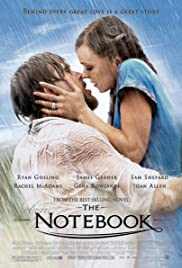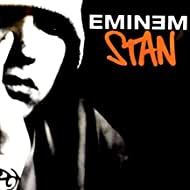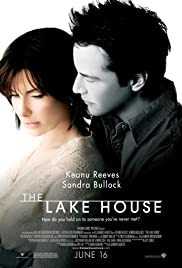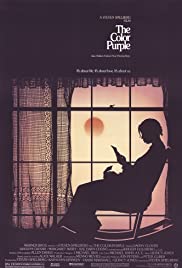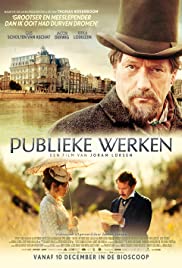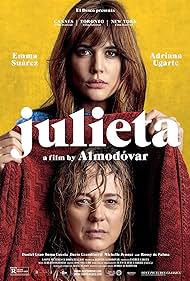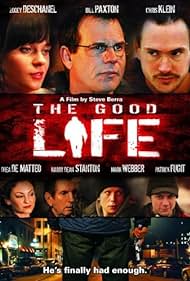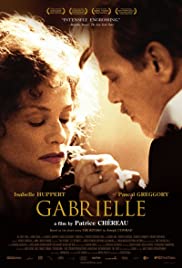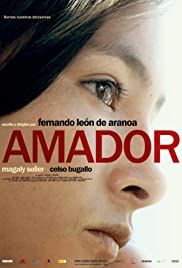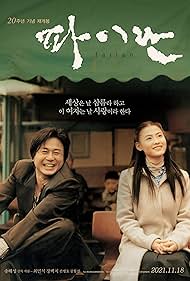Letters to Father Jacob Banda sonora (2009)

Compre na Amazon Reproduzir e baixar trilhas sonoras
Cartas al padre Jacob
Letters to Father Jacob
Letters to Father Jacob
Sinopse
The visually-stunning Letters to Father Jacob follows two wonderful, moving characters each are on their own unusual path. The two paths cross when Leila, who has recently been pardoned from a life-sentence for murder, goes to work as a personal assistant for Pastor Jacob.
Each day the mailman brings letters from people asking for help from Father Jacob. Leilas job is to read aloud the letters and answer them as the pastor prays and gives encouragement. Pastor Jacob is old, he is blind. Answering the letters is his life mission; Leila thinks the whole thing is pointless. After all, she is not a Believer. But the job, which comes with a place to live, is pretty much the only option available to her at this stage in her life.
For all its beauty, the secluded parsonage in the countryside, is another form of prison for Leila. Finally, she cannot take it any more. One idea is to borrow some cash from the house and leave. But one day the letters stop coming. Father Jacobs life is shaken to its foundation. Leila cannot leave him now. Physically fragile before, now he is spiritually at his breaking point.
In the beginning it was Leila who needed a roof over her head, and a job. Now it is Father Jacob who needs to be rescued. Leila rouses Jacob from his despair and an unexpected thing happens: a door opens to Leilas past. She steps forward. And then both she and the pastor are freed.
Faça o download e reproduza a lista da trilha sonora
| Toque | Título | Artista |
|---|---|---|
|
Letters to Father Jacob
|
||
|
Quartet in F Minor
|
Joseph Haydn:
Compositor
|
|
|
Nocturne in E flat
|
Frédéric Chopin:
Compositor
|
|
|
Minuet in G, no. 2
|
Ludwig van Beethoven:
Compositor
|
|
|
Barcarolle
|
Jacques Offenbach:
Compositor
|
|
